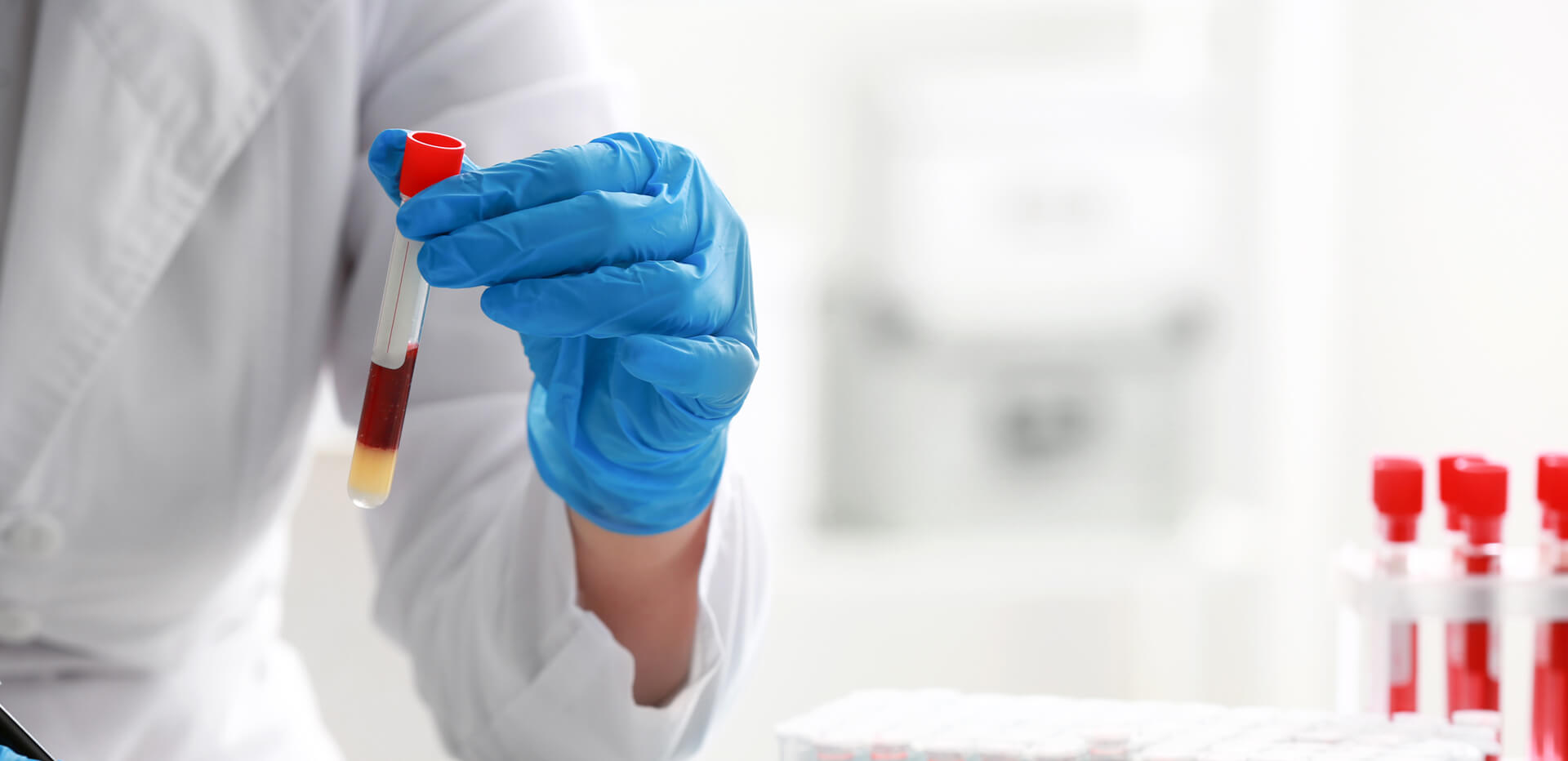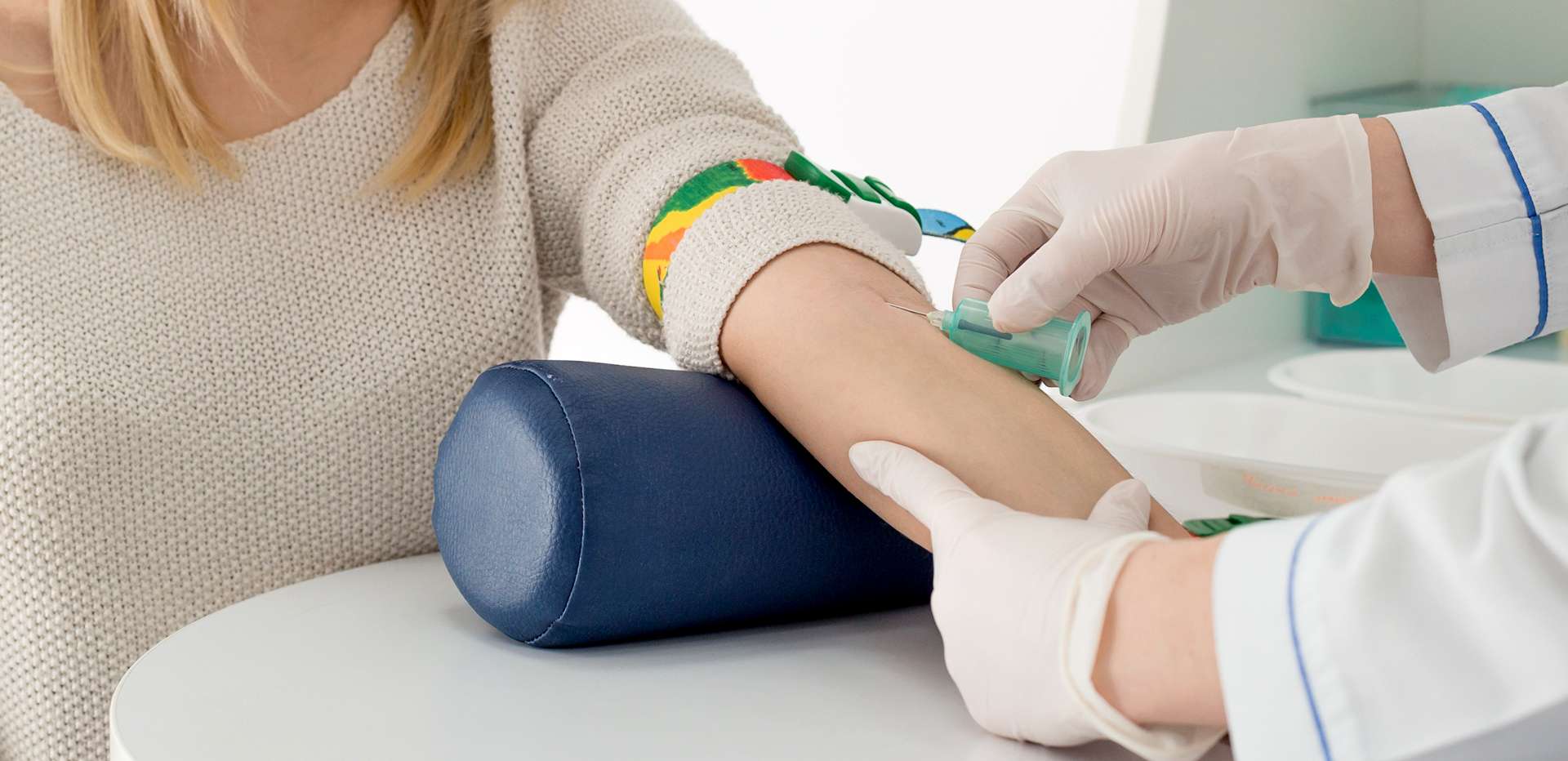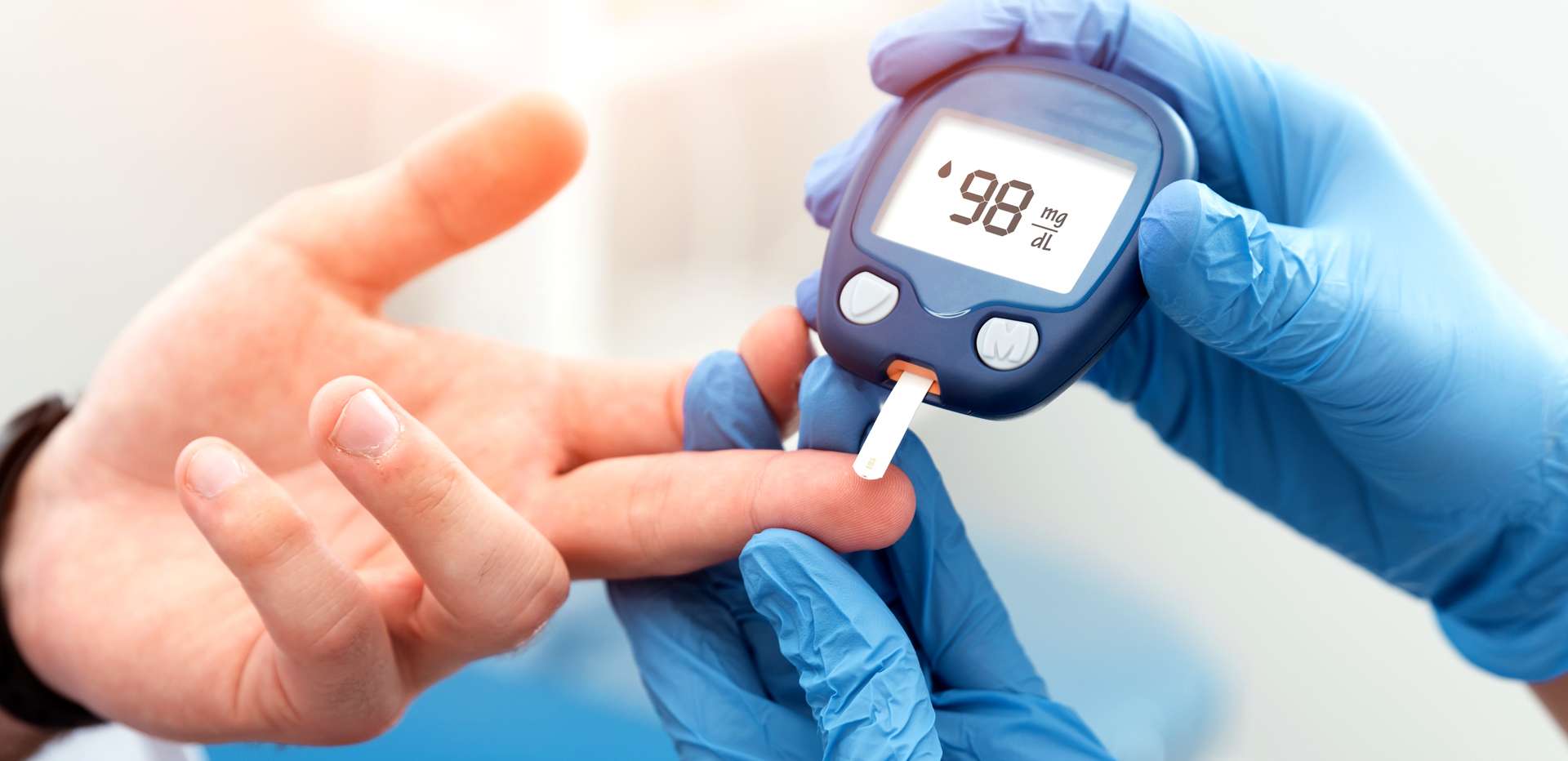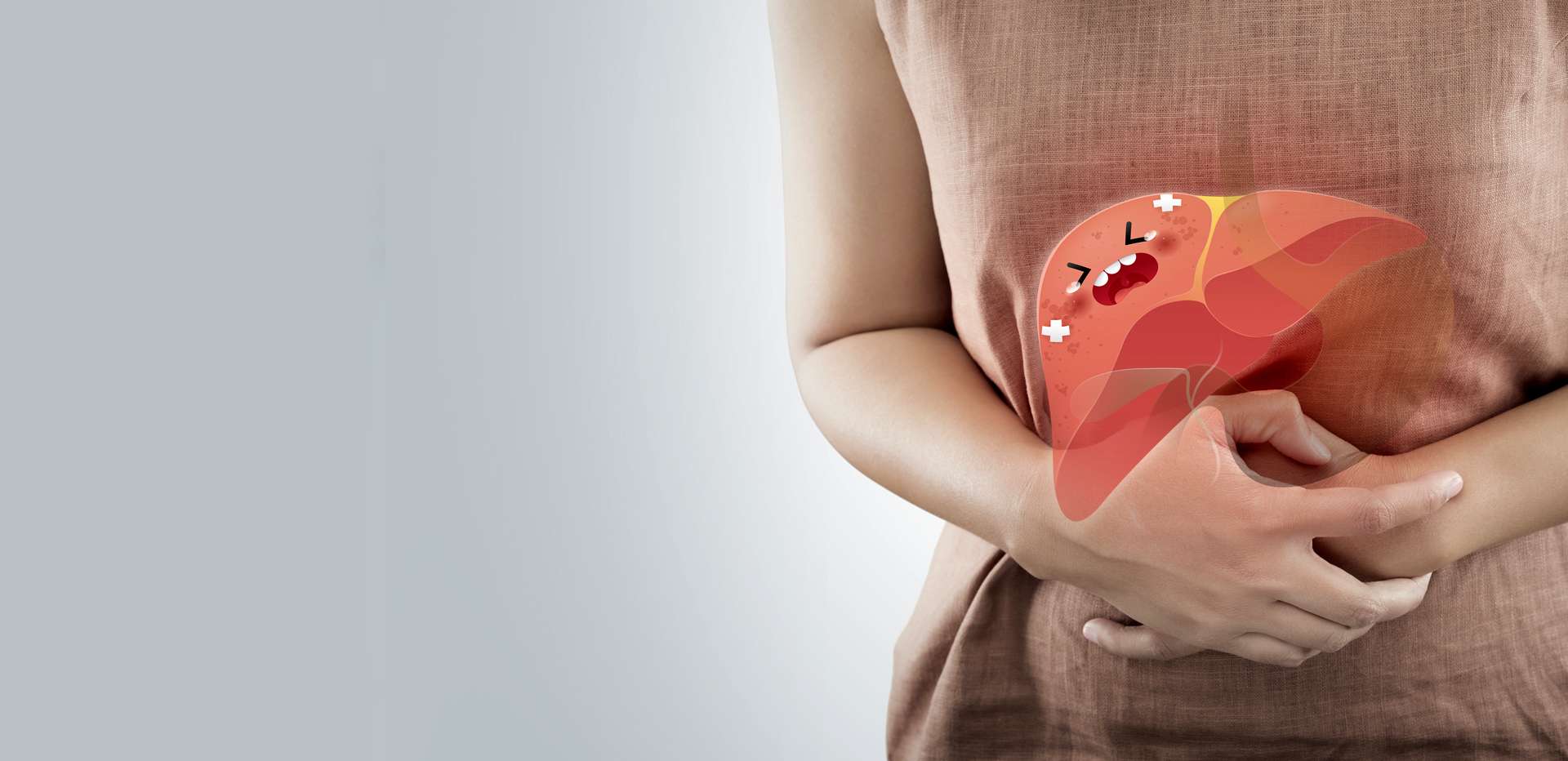When it comes to contagious diseases like chickenpox and measles, it’s important to understand their differences, symptoms and the importance of vaccination. Although both can cause rashes, they are caused by different viruses and have distinct symptoms and implications. Let’s discuss these differences and also discuss the chickenpox vaccine, including its availability, the ideal age for vaccination and potential side effects.
Chickenpox vs. Measles: What’s the Difference?
Chickenpox, caused by the varicella-zoster virus, typically starts with a mild fever, headache and a feeling of being unwell. Soon, it leads to itchy spots which turn into blisters that cover the body. These spots can be incredibly itchy and uncomfortable.
Measles, on the other hand, is caused by the measles virus and starts with symptoms that resemble a severe cold, such as a high fever, runny nose, cough and red eyes. A few days after these symptoms begin, a large, flat rash typically appears, starting on the face and spreading to the rest of the body. Measles can lead to more severe health complications compared to chickenpox, including pneumonia and brain inflammation.
The rashes in both diseases might look somewhat similar to the untrained eye, but measles spots are more uniformly red and flat, whereas chickenpox spots develop into fluid-filled blisters.
Here’s a table highlighting the key differences between chickenpox and measles:
| Aspect | Chickenpox | Measles |
| Causing Virus | Varicella-zoster virus | Measles virus |
| Initial Symptoms | Mild fever, headache, loss of appetite | High fever, runny nose, cough, red eyes (conjunctivitis) |
| Rash Appearance | Itchy blisters that turn into scabs | Large, flat blotches that merge together |
| Rash Development | Starts on the chest, back and face, then spreads | Begins on the face at the hairline and spreads downwards |
| Complications | Secondary infections, pneumonia, encephalitis (rare) | Pneumonia, ear infections, encephalitis, SSPE (very rare) |
| Vaccine | Two doses: first at 12-15 months, second at 4-6 years | Two doses: first at 12-15 months, second at 4-6 years |
| Contagiousness | High before and after rash appears | Extremely high, especially 4 days before and after rash |
Why is Chickenpox Vaccination Important?
Vaccination is the most effective way to prevent chickenpox. The chickenpox vaccine is safe and highly effective in preventing the disease or ensuring that if the vaccinated individual does contract the virus, it manifests in a much milder form with fewer blisters and little to no fever.
Chickenpox Vaccine: Availability and Age Recommendations
The chickenpox vaccine is typically administered in two doses. The first dose is recommended for children aged 12 to 15 months and the second dose is given between ages 4 and 6 years. However, if someone misses the vaccine at this age, it’s never too late. Teenagers and adults who have never had chickenpox or been vaccinated can and should get two doses at least 28 days apart.
In some countries, the chickenpox vaccine is included in the routine childhood vaccination schedule and provided for free by healthcare systems. However, in private healthcare settings, the vaccine may need to be purchased. It’s important to check with local health authorities or a healthcare provider for the most accurate information regarding vaccine availability and recommendations.
Side Effects of the Chickenpox Vaccine
Like any vaccine, the chickenpox vaccine can have side effects, although serious side effects are rare. Some of the common side effects of this chickenpox vaccine have been listed below:
- Soreness or swelling at the injection site: This is usually mild and resolves within a few days.
- Mild fever: Some individuals might experience a slight fever post-vaccination.
- Mild rash: A small number of vaccinated individuals might develop a mild rash, which usually goes away on its own without any serious consequences.
Severe reactions can occur, such as seizures related to fever (febrile seizures), which are also generally short-lived and do not lead to long-term issues.
Get the Chickenpox Vaccine at Touchwood Pharmacy Today
Understanding the differences between chickenpox and measles and the importance of vaccination is key to managing these diseases. Vaccines not only protect individuals but also contribute to the broader public health goal of eliminating these contagious diseases. With the chickenpox vaccine being readily available in most regions, either through public healthcare systems or private channels, getting vaccinated is a practical step towards ensuring personal and community health safety.
Stay protected against chickenpox with reliable and effective vaccines available at Touchwood Get vaccinated today to avoid complications and ensure your health. Visit Touchwood Pharmacy for professional vaccination services and expert advice on vaccination. Book your appointment now.


























